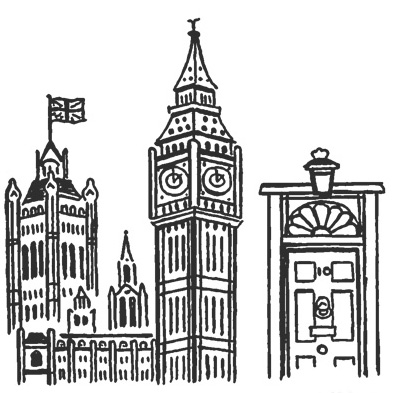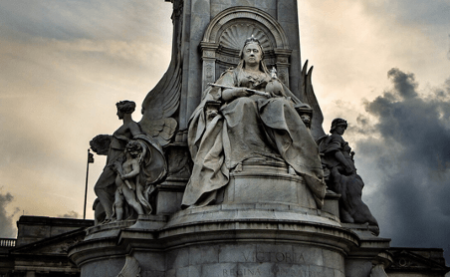The civil service is an institution ‘in play’ under the present administration, but let us not forget that the civil service, however imperfect, is one of the great institutions of state. For 160 years, it has been a bulwark of stability, through political upheavals, progressive enfranchisement of the people, the Kaiser, the General Strike, the Great Depression, the Second World War, Butskellism, the Thatcher revolution, and now Brexit. It provides for swift changes of government, with minimal disruption and has commanded the confidence of the main parties.
In our zeal to galvanise a new Whitehall, we must be careful for what we wish for. We may find parts of the system politically resistant, but we must take care not to throw babies out with bathwater.
In all the disputes about the UK constitution arising from Brexit – the latest being the dispute about the status of international law – there is remarkably little common understanding about what we mean when we talk about the UK constitution. It can be referred to as unwritten, or partly codified, or some even argue we just haven’t got one.
The reality is that the UK constitution is, by practice, by conventions, and by our statute law, what we generally understand it to be. The courts (with perhaps the exception of the two Miller rulings) only rule on the law. We do not have a constitutional court. By no means is all the UK constitution expressed in justiciable law.
The UK constitution looks strained when practices and conventions are overturned or the accepted understandings break down. This is the same as in other systems which rest on a supreme legal document accepted as the constitution: the words on the page could never begin to codify every practice and shared understanding of how things work. Just look at how President Trump has overturned so many expectations about the office of president. Plenty of written constitutions have been overthrown or fallen into desuetude. A written constitution is no guarantee of stability. Constitutional stability depends far more on a body of shared values, attitudes and behaviours than on any single document or law, and these are best reflected and sustained by the institutions upon which we all depend for our daily lives.
In our system, these institutions stretch from the monarchy, parliament, government and the courts through the newer parliaments and governments in Scotland, Wales and Northern Ireland, and certainly include the civil service.
The advantages of our largely uncodified constitution is that we enjoy much greater constitutional flexibility than, say, in the United States, where the US constitution reflects a frozen misunderstanding of what the UK constitution was like in the 1770s.
The endless disputes about gun control, abortion or big money in politics can never be resolved without constitutional amendment. But our flexibility is also a vulnerability. It can be all too easy to upset a balance, so that a change in one area has unforeseen consequences in others.
There is an ever-present danger in politicians saying, “I can, so I will.” In 1995, the then-shadow Scottish secretary George Robertson said, “Devolution will kill nationalism stone dead.” It did the opposite. The enactment of the Human Rights Act has led to a series of bizarre extrapolations of legal principles. Sir Jonathan Sumption explained in his 2019 Reith Lectures how this has led to the handover of decisions previously regarded as purely political from parliament to the courts.
Tony Blair’s impetuous attempt to abolish the office of lord chancellor proved impossible – the office still exists. He still insisted on setting up the supreme court which was never intended to become a constitutional court, but seemed to become one when this government overturned accepted understandings on the limits of the power to prorogue parliament. Not even the court of appeal gave a hint that it could make such a ruling.
The stability of our system like any others depends upon a degree of self-restraint, respect for precedent, an understanding of history, and reverence for our institutions, which may seem sentimental or irrational to some, but is intrinsic to our democratic and constitutional stability on which our freedoms depend.
So the label attached to the civil service should say: Handle with care.






